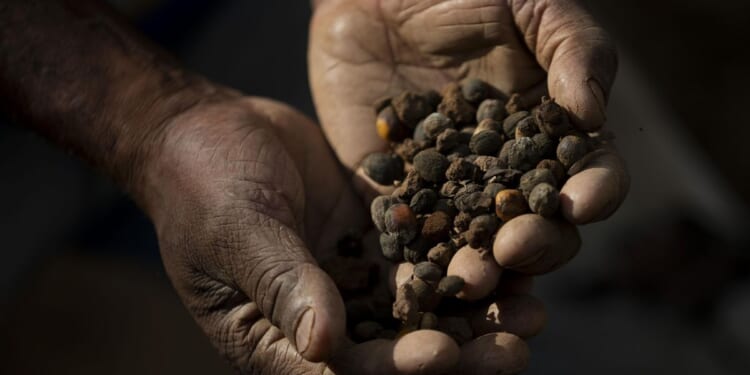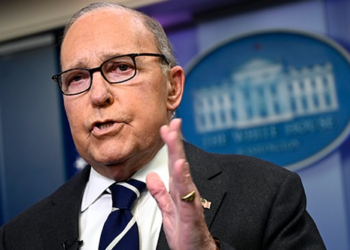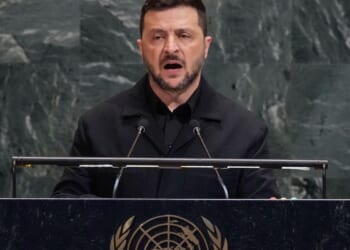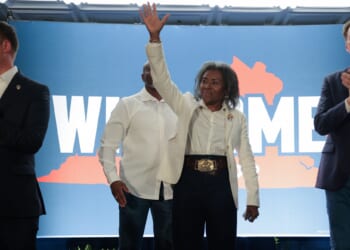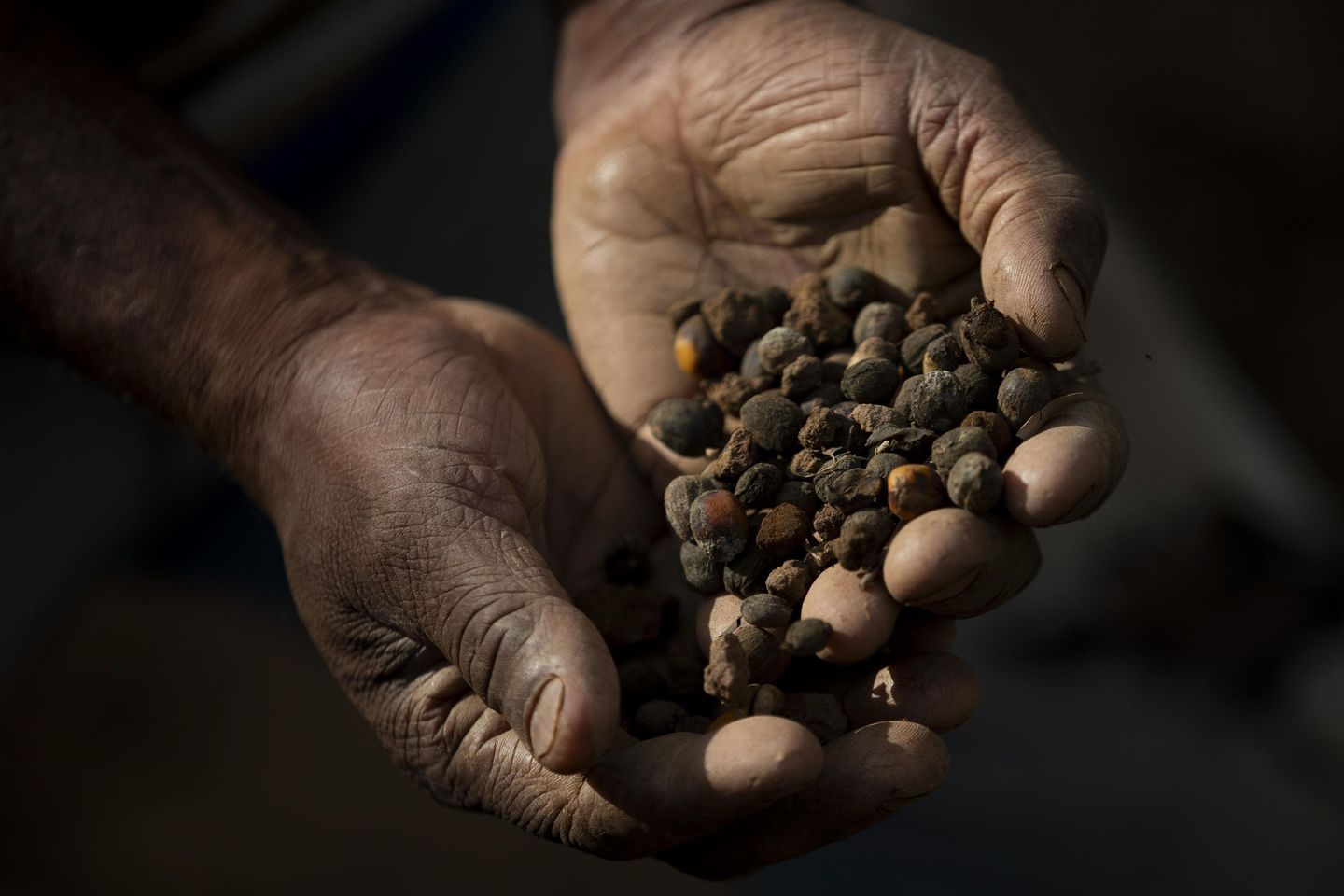
Coffee drinkers, perk up — the Trump administration plans to roll back tariffs on some foreign products, including coffee beans grown in Brazil.
Treasury Secretary Scott Bessent, speaking on “Fox & Friends,” said the relief would apply to grocery items that are hard to grow in this country.
“You’re gonna see substantial announcements over the next couple of days in terms of things we don’t grow here in the United States, coffee being one of them,” Mr. Bessent said. “Bananas, other fruits, things like that.”
Mr. Trump’s decision to impose high tariffs on other countries, including a 50% tariff on major coffee producer Brazil, is reverberating in the grocery aisle.
The average price of a pound of ground coffee reached $9.14 in the U.S. in September, up 41% from the same time last year. Producers and importers blame poor growing weather and new tariffs.
Mr. Trump is imposing tariffs to protect domestic industries, noting that products made in America bolster the domestic workforce and aren’t subject to duties. Mr. Trump also targeted Brazil, in part, over its prosecution of conservative ex-leader Jair Bolsonaro, a major Trump ally.
The U.S. had a nearly $7 billion trade surplus with Brazil in 2024, so critics of the move found it perplexing.
Rep. Ro Khanna, California Democrat, filed legislation to eliminate tariffs on coffee, saying it made little sense to impose tariffs on an industry without a major footprint in the U.S.
Mr. Bessent did not detail how the tariff changes would be structured, though he said the move would produce immediate results.
“That will bring the prices down very quickly,” he said.
Mr. Bessent said Mr. Trump inherited a price crisis from President Joseph R. Biden, and that current policies will jumpstart U.S. manufacturing and deliver high wages for Americans.
Mr. Trump’s critics argue that tariffs increase costs on U.S. importers, who must pay the duties to customs, and consumers who face trickle-down costs at the checkout counter.
The president is proposing a $2,000 tariff rebate check for low and middle-income Americans, though his idea would require an act of Congress.
“That would be for families making less than, say, $100,000,” Mr. Bessent said, adding that nothing is final. “It’s in discussion.”

